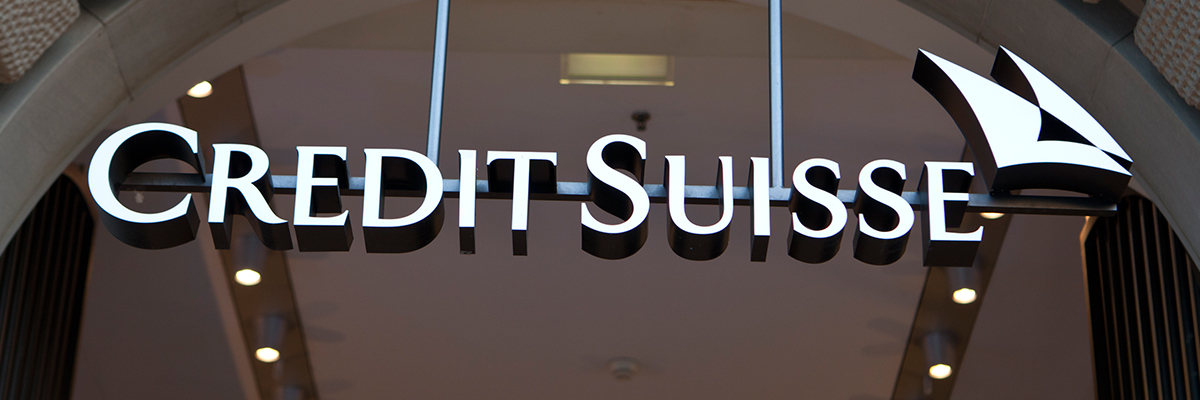The 15,000-strong Thundering Herd wants Bank of America to stop treating it like cattle — but the chances of that happening are dim, judging from the now-notorious recent interview with Merrill Lynch president Andrew Sieg.
In a 75-minute talk with recruiter Mindy Diamond in January, Sieg declined to acknowledge, much less address, widespread advisor dissatisfaction on issues ranging from time-consuming compliance protocols, onerous growth targets and constrictions on Merrill advisors’ autonomy and ability to serve the client.
Rather, Sieg seemed to take a “nothing to see here” approach, saying he saw “enormous contentment” among advisors, with any trouble areas being “momentary” and “transitory.” Sieg pegged Merrill’s advisor defection rate at 4% to 5%, putting it in line with other wirehouses, and attributed most advisor moves to the lure of signing bonuses after the expiration of 10-year deals. He blamed BofA-generated bureaucracy on the wider regulatory environment and dismissed advisors’ concerns of a deteriorating Merrill culture as nostalgia for a past that never wholly existed in the first place.
Strikingly, Sieg, who is also a member of parent Bank of America’s executive management team, delivered a hard “no” to Merrill establishing an independent unit for its advisors to affiliate with, as firms like Wells Fargo, Raymond James and Ameriprise have profitably done in years past.
The executive’s comments drew immediate and irate responses from current and former Merrill advisors.
“So arrogant management thinks the bank is responsible for growth, not the FA’s? Nothing new there,” one comment in an AdvisorHub story headlined Don’t Blame the Bank, Merrill Boss Says, read.
“One day, I woke up and found that 70% of my time was spent fulfilling whatever bureaucratic mandates that they could dream up. It was almost as if they TRIED to make it miserable,” read another.



